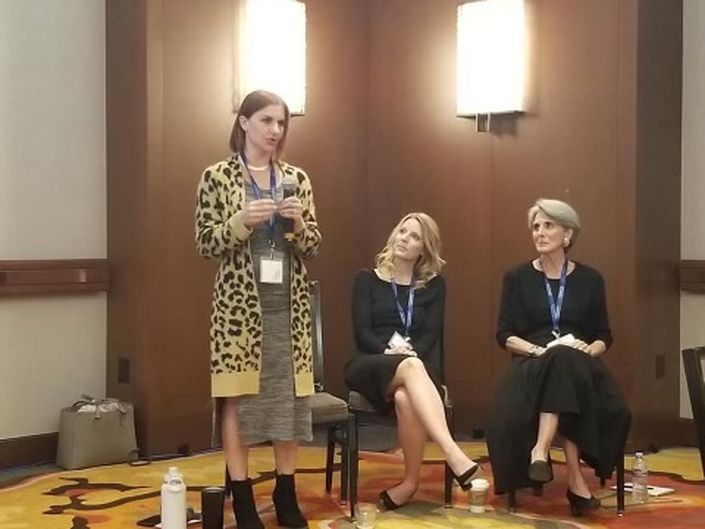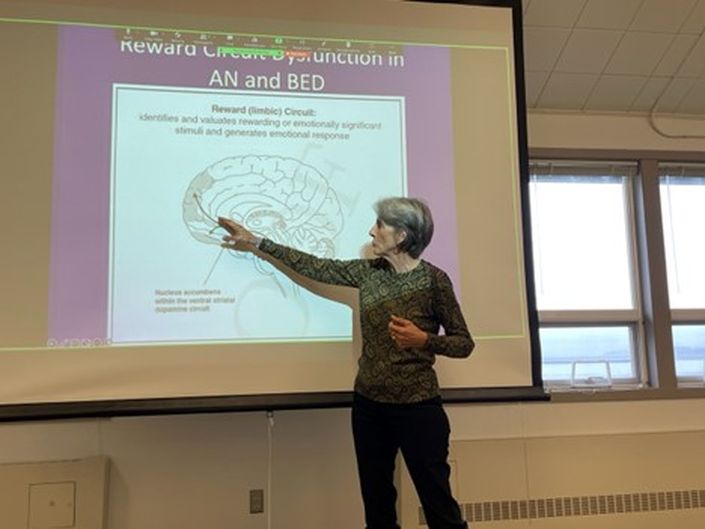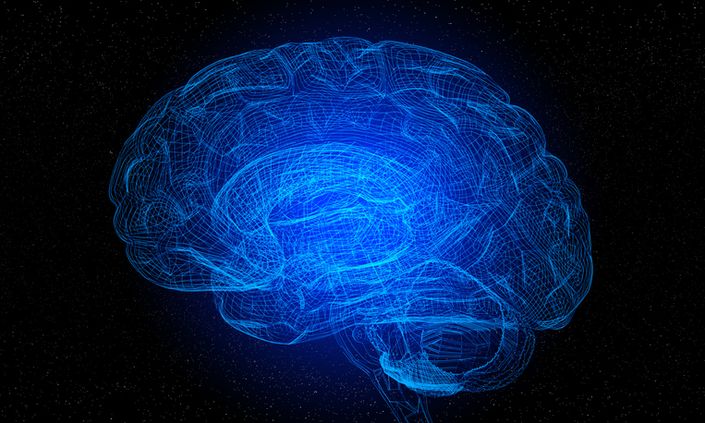TBT-S Level 1: Introductory
Goal:
To Introduce psychologists, social workers, MH therapists, educators, and graduates to an eating disorder therapy grounded in temperament-based research: Temperament Based Therapy with Support (TBT-S).
Description:
- Step 1 toward Certified TBT-S Practitioner.
- Core foundational training introducing professionals to a temperament-based treatment approach for eating disorders.
- For medical, psychologists, social workers, mental health providers, dietitians and educational professionals.
- Level 1 does not require clinical licensure.
- 14 recorded asynchronous distant learning, (online videos) accessible to view any time.
- Completion of Level 1 allows for entry into Level 2 (which is in-person training).
- Videos can be purchased individually for TBT-S Level 1 or in a bundle format of all 14 videos.
- You can receive 8 CE credits AFTER you complete all 14 videos, quizzes and evaluations (see registration information below).
- The fee is the same for both face-to-face and the bundle of recorded asynchronous distant learning videos.
- Handouts are provided with some of the videos courses.
- If a professional clinician is working toward "TBT-S Certified Practitioner" status, then all Level 1 quizzes must be taken and passed successfully.
- A “Certificate of Attendance/Credit” is sent to those who complete Level 1.
9
If you have any problems
or are confused with any of the information, just email:
Full disclosure or Conflict of Interest:
- The authors of the Temperament Based Therapy with Support book are also TBT-S Training Institute presenters and receive a royalty from the book publishers.
- There is no commercial support for this training outside of TBT-S Training Institute sponsorship.
- We seek to share the research findings clearly, addressing limitations and key points.
- AI was not used in any way to provide the content, handouts and other materials. AI is used to translate different language options offered as captions at the bottom of the screen.
TBT-S Level 1
recorded asynchronous distant learning training videos
You can purchase any one or more of the TBT-S videos, or buy the Bundle of all 14 videos in 1 click! All bundled videos are in English with AI generated subtitles for multiple languages.
For those in Spanish speaking nations, we now have five Spanish TBT-S Videos! The primary trainer is Juana Poulisis, MD. You can purchase any one separately or all five in a bundle. (The Spanish videos are not eligible for CE credits).

Continuing Education Credits
for recorded asynchronous distant learning video courses
Click here to Register and pay for TBT-S Level 1 8 Approved Continuing Education Credits in Psychology or Social Work


























